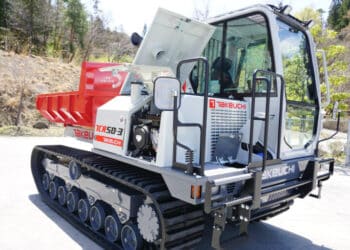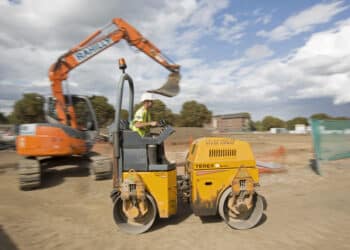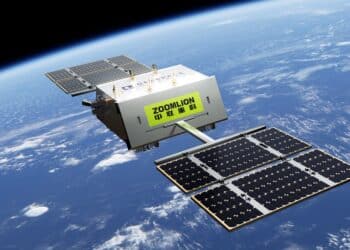Norway wealth fund excludes Caterpillar over West Bank links
The fund held about $2.1B of shares in Caterpillar, as of June 30
Norway’s $2 trillion sovereign wealth fund excluded heavy-equipment maker Caterpillar Inc. based on Israel’s use of its bulldozers to destroy Palestinian property in Gaza and the West Bank.
While the fund has excluded more than 20 Israeli companies this summer, Caterpillar is the first big US company to be removed in an ongoing review to ensure the fund’s investments don’t contribute to violations of international law. The fund has come under increased pressure to blacklist companies that contribute to Israel’s war in Gaza and its activities in the occupied West Bank.
“There is no doubt that Caterpillar’s products are being used to commit extensive and systematic violations of international humanitarian law, ” the independent Council on Ethics said in a statement. The fund said it hasn’t independently assessed all aspects of the recommendations, but finds it sufficiently substantiated that the criteria have been fulfilled.
As of June 30, the fund held about $2.1 billion of shares in Caterpillar, or about 1.2%. Caterpillar didn’t immediately respond to a Bloomberg request to comment.
The fund also excluded First International Bank of Israel, Bank Leumi Le-Israel, Mizrahi Tefahot Bank, Fibi Holdings and Bank Hapoalim, because of the five Israeli banks’ financing of construction activities “that contribute to the maintenance of Israeli settlements, ” the council said in its recommendation.
While Norway’s fund has sped up its divestments from Israeli companies, Israel has seen heavy portfolio inflows this year, much of it from the US. The Tel Aviv Stock Exchange’s benchmark index climbed 21.3% in the first half of 2025. Even so, the Israeli economy shrank in the second quarter.
More than 62,000 Palestinians have been killed, according to the Hamas-run health ministry, while large parts of the territory have been reduced to rubble. The war started after Hamas attacked Israel Oct. 7, 2023, killing about 1,200 people.
Norges Bank Investment Management — which owns about 1.5% of the world’s listed stocks — operates under a mandate set by parliament with ethical guidelines on issues ranging from land mines to climate change. It is advised by an external ethics council, which assesses the portfolio on an ongoing basis and recommends companies for exclusion or observation.
— By Heidi Taksdal Skjeseth (Bloomberg)









